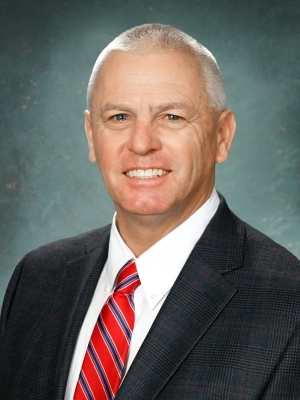Part of the purpose of Promise Zones is to make a college education more accessible to every student, regardless of socioeconomic background. | Adobe Stock
Part of the purpose of Promise Zones is to make a college education more accessible to every student, regardless of socioeconomic background. | Adobe Stock
A Michigan Senate bill meant to give more flexibility in how Promise Zone Authorities assist eligible scholarship recipients has been approved by the Senate and has now moved on to the Michigan House of Representatives.
"Promise Zones are high-poverty communities where the federal government partners with local leaders to increase economic activity, improve educational opportunities, leverage private investment, reduce violent crime, enhance public health and address other priorities identified by the community," as explained by the Housing and Urban Development Exchange website.
Senate Bill 1052, which was sponsored by Michigan Sen. Jon Bumstead (R-Newaygo), would remove the requirement for Promise Zone Authorities to cover “qualified educational expenses” such as books, supplies and other equipment required for courses, according to the MiSenateGOP website. While each authority would still have the option to cover those expenses as it sees fit, the authorities would no longer be required to pay them for every student, regardless of specific needs.

Sen. Jon Bumstead
| #MiSenateGOP
“Current law includes mandates from Lansing that take away dollars that could be going toward giving more Muskegon and Newaygo County students' tuition scholarships,” Bumstead said, according to MiSenateGOP. “Giving each Promise Zone Authority the choice to include additional costs covered on top of tuition allows each zone to be more autonomous and effective in meeting the needs of students in their community.”
Under the Michigan Promise Zone Authority Act, students from areas identified as Promise Zones can receive scholarships aimed at reducing the cost of higher education. There are currently 15 Michigan communities designated as Promise Zones under state law, including Muskegon and Newaygo Counties.
“These reforms would allow Promise Zone Authorities to make decisions that will benefit the individual needs of students within that zone,” Bumstead told MiSenateGOP. “I think we’ve found that, while being a simpler route, blanket policies simply don’t meet the unique needs of students in different areas of the state.”
Funding for Promise Zones comes from federal Pell Grants and other need-based aid, private contributions and revenues from the state tax capture mechanism.


 Alerts Sign-up
Alerts Sign-up